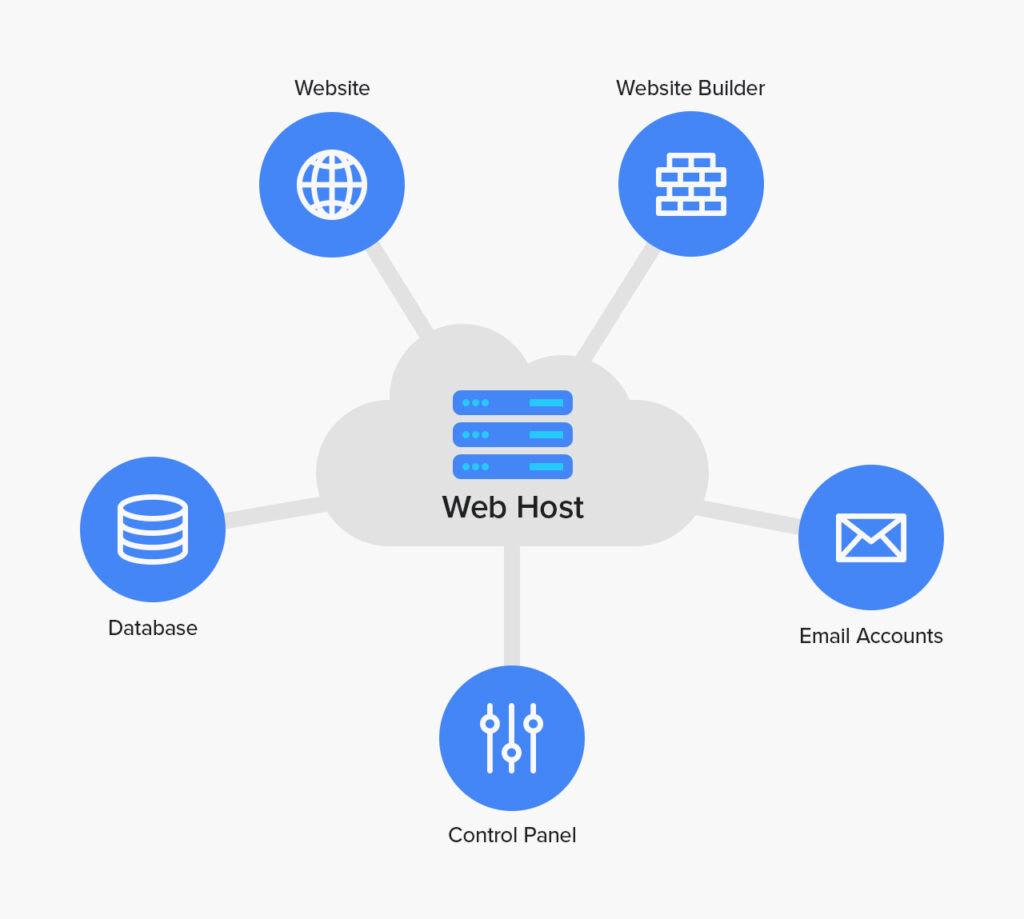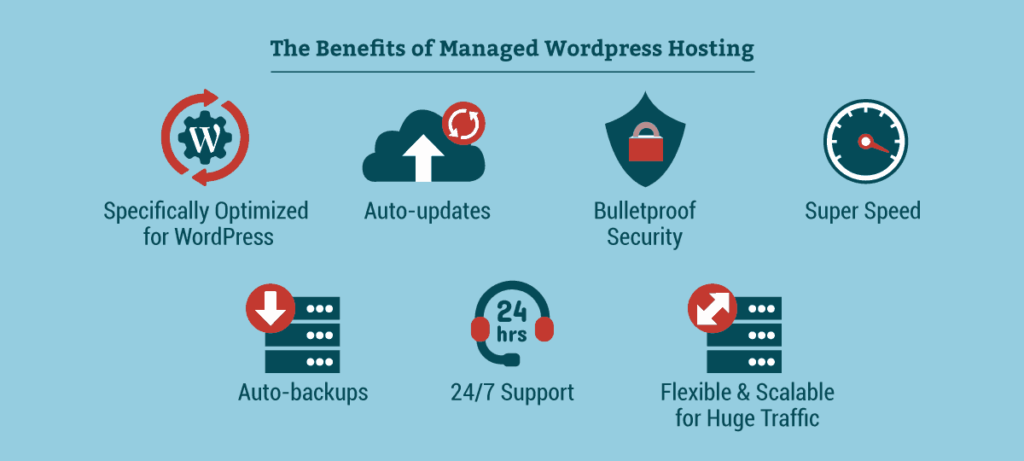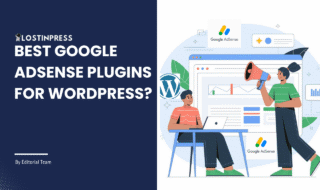A strong online presence is essential for organizations and individuals in today’s digital world. With its user-friendly design and many customization options, WordPress has become the preferred platform for millions of websites worldwide. However, despite the simplicity and variety it provides, there is a hidden threat: security flaws. If you are not paying attention to WordPress security, it may become dangerous for your website.
In this article, I will guide you through all WordPress security concerns. From recognizing common vulnerabilities to applying best practices, we will provide you with the knowledge and resources to protect your website from threats.
So, whether you’re a long-time WordPress user or just getting started, read this article as I explain all concerns related to the security of your site.
Table of Contents
Understanding WordPress Security Concerns
WordPress, one of the most popular Content Management Systems (CMS) worldwide, is a major target for hackers and illicit activity.
Common security concerns include theme and plugin vulnerabilities, insecure passwords, obsolete software, and unwanted access.
In this article, I will guide you about the security problems linked with WordPress and how to protect your site from potential attackers.
Web Hosting vs WordPress Hosting

Web hosting and WordPress hosting are unique services that support various website systems and user requirements. While all types of hosting ultimately serve the same objective of making your website available online, there are significant distinctions between them that you should consider when selecting the best hosting solution.
Web Hosting
Web hosting is a general hosting service that supports various website platforms, including WordPress, Joomla, Drupal, and others. It offers the necessary infrastructure for storing and serving website files to users’ browsers. Here are some features of web hosting:
Web hosting is platform-neutral, which means it may support a variety of website platforms and technologies.
Features: Web hosting often includes generic features like storage space, bandwidth, email accounts, and FTP access.

Manual Setup: Users must manually install and configure their chosen website platform, such as WordPress, Joomla, or Drupal.
Limited WordPress Optimization: While web hosting can handle WordPress websites, it may not include specialized optimizations or features designed exclusively for WordPress.
WordPress Hosting
On the other hand, WordPress hosting is a specialized hosting solution designed particularly for WordPress websites. It is intended to create an environment tailored to WordPress’s specific needs, with features and optimizations that can improve performance, security, and ease of use. Here are some features of WordPress hosting:
WordPress-Centric: WordPress hosting is designed exclusively for hosting WordPress websites, with features and optimizations targeted to the platform.
Managed Services: Many WordPress hosting companies provide managed services, which include routine maintenance activities like upgrades, backups, security monitoring, and speed optimization.
Features: WordPress hosting may offer one-click WordPress installation, staging environments, automatic upgrades, and WordPress-specific caching solutions.

Enhanced Performance: WordPress hosting providers frequently use WordPress-optimized server setups and caching technologies, which results in faster loading times and better performance for WordPress websites.
Common WordPress Security Concerns
Outdated Software
One of the most serious WordPress security risks is using outdated software. This includes themes and plugins, as well as the WordPress core. Hackers frequently target known flaws in older versions, making it critical to stay current.
Weak Password
Weak passwords are an open invitation to hackers. Many users need to realize the need to use strong, unique passwords for their WordPress accounts, making them vulnerable to brute-force attacks.
Not Good Hosting
Selecting the appropriate hosting provider is critical for WordPress security. Choosing cheap or unreliable hosting providers can expose your website to various security dangers. Secure hosting ensures that strong security measures are in place to protect your website from any threats.
Unsafe Plugins and Themes
While plugins and themes improve the functionality and looks of your WordPress site, they can also bring security flaws if not properly managed. Hackers frequently exploit vulnerabilities in plugins and themes to obtain unauthorized access to websites.
Risks of Ignoring WordPress Security

Damage to Data
A compromised WordPress site can result in sensitive data breaches, such as user information, financial data, and private documents. Website owners may face serious legal and financial implications due to such damages.
Website Backlists
Search engines like Google actively search web pages for malware and other dangerous content. If your WordPress site is compromised, it may be blocked, causing a dramatic decline in traffic and harming your online reputation.
Damage to Reputation
A hacked website harms your online visibility and undermines the trust and credibility you’ve established with your target audience. Visitors are unlikely to return to a compromised website, resulting in a loss of business and possibilities.
WordPress Security Checklist
- Keep WordPress core, plugins, and themes updated
- Always Use strong passwords and Two-factor authentication
- Install security plugins
- Choose good hosting
- Enables SSL/TSL encryption
- Limit login attempts
- Backup regularly
Secure Managed WordPress Hosting
Managed WordPress hosting services go further by providing complete security measures overseen by experts. These include
- proactive malware scanning,
- intrusion detection,
- real-time threat monitoring,
- and automated software updates, which relieve users of the load of security administration.
Conclusion
Securing your WordPress site from security threats is critical for keeping its integrity and safeguarding your online presence.
Addressing typical security issues like obsolete software, weak passwords, and susceptible plugins/themes may lower the chance of unwanted access and data breaches.
Remember to be cautious and emphasize frequent upgrades to the WordPress core, themes, and plugins, robust password policies, and selecting a reputable hosting provider.
Furthermore, investing in security plugins and regular backups is critical for strengthening your website’s defenses. By educating yourself and your users on appropriate security practices, you can create a safer online environment and reduce the possible implications of a security breach.
FAQs
What is the largest danger in WordPress site security?
Weak password and login credentials.
Using weak passwords and login credentials is probably the most common security issue with WordPress websites. This is a massive problem for any site or software that requires you to log in.
What is malware in the WordPress website?
Malware is a piece of software designed to harm or damage a computer system. It can come in the form of a virus, worm, Trojan horse, or spyware.
Is WordPress safe for eCommerce?
WordPress is a safe platform for your eCommerce website as long as you put sufficient measures in place to keep your site secure. It needs to be maintained, and optimized regularly.



